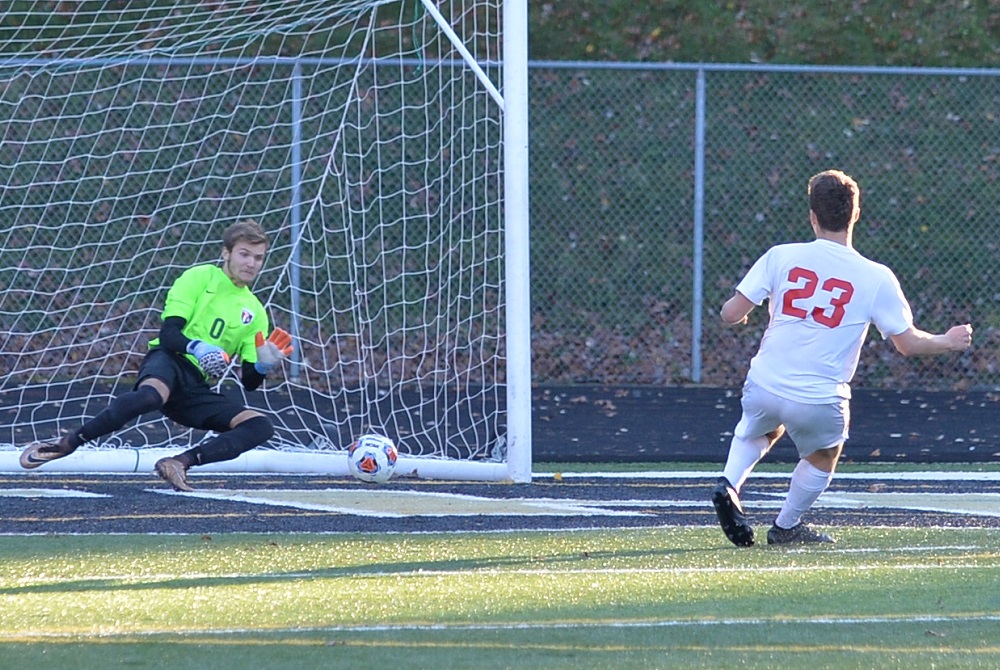
Official Treatment
March 7, 2014
A book I quoted in this space three times last November – How: Why HOW We Do Anything Means Everything by Dov Seidman – has me thinking about sports officiating.
One premise of the book is that the Internet era has made the world so transparent and connected that there is no such thing anymore as “private” behavior or a “minor” mistake. Everything can become a public matter – instantly. Anything can become a major problem – overnight. Worldwide.
So, when our local real estate agent, who officiates junior varsity basketball, misses a call that an invested spectator captures with his or her smart phone camera, and sends to his or her relatives and a local media outlet that night, there is no limit to where that video could appear by the next morning.
And while major college and professional officials may now receive four-figure fees to work under those conditions, officials at the junior high/middle school and high school levels – sometimes working for little more than gas money - wonder if it’s worth the hassle.
There are many obstacles to recruiting and retaining officials for school sports, including poor business practices by assigners and bad sportsmanship by coaches and spectators; but a significant factor not to be overlooked is the adverse potential of immediate worldwide criticism for a call that had to be made in the blink of an eye.
The human factor of sports is now subject to inhuman expectations. In an enterprise that strives for fairness, it appears that it’s the official who is being treated least fairly.

Be the Referee: Soccer Shootouts
By
Sam Davis
MHSAA Director of Officials
October 18, 2022
Be The Referee is a series of short messages designed to help educate people on the rules of different sports, to help them better understand the art of officiating, and to recruit officials.
Below is this week's segment – Soccer Shootouts - Listen
It’s tournament time for boys soccer, and that means the return of the shootout. In the regular season, games can end in a tie. But postseason games need to have a winner. If a game is tied at the end of regulation and the 20-minute overtime period, we move to a shootout.
Each team gets five attempts from the penalty spot, alternating between teams. If after five attempts, the teams still remain tied, it moves to one kick for each team until the tie is broken.
Now what happens when a kick is stopped by the keeper but has enough spin on it to roll back across the goal line?
That’s a goal. A shootout attempt isn’t complete until the ball stops moving, goes out of play or the referee stops play. Just because a goalie initially stops an attempt does not mean the play is over.
Previous Editions:
Oct. 11: Safety in End Zone - Listen
Oct. 4: Football Overtime Penalty - Listen
Sept. 27: Kickoff Goal - Listen
Sept. 20: Soccer Timing - Listen
Sept. 13: Volleyball Replays - Listen
Sept. 6: Switching Sides - Listen
Aug. 30: Play Clock - Listen
Aug. 23: Intentional Grounding Change - Listen

